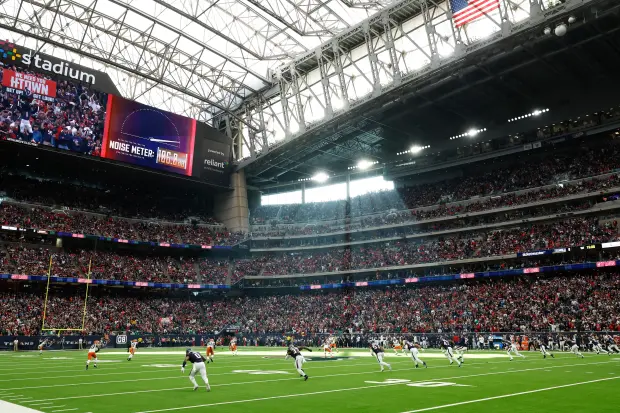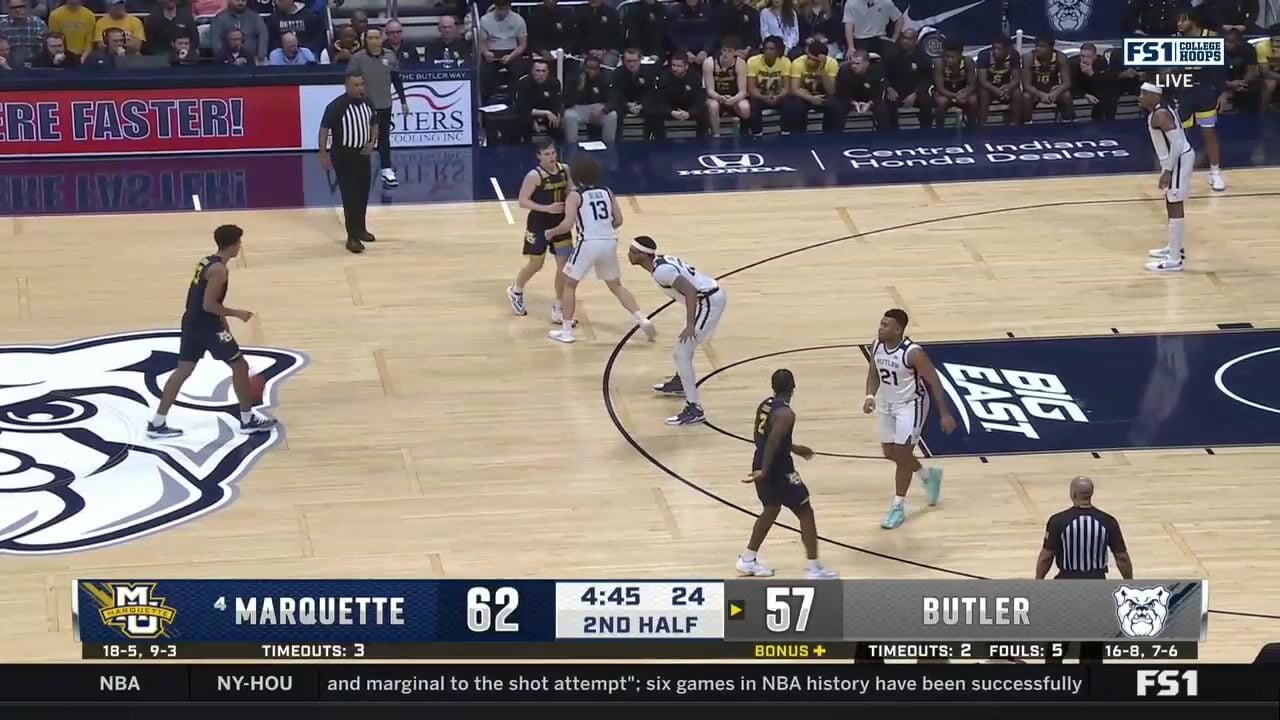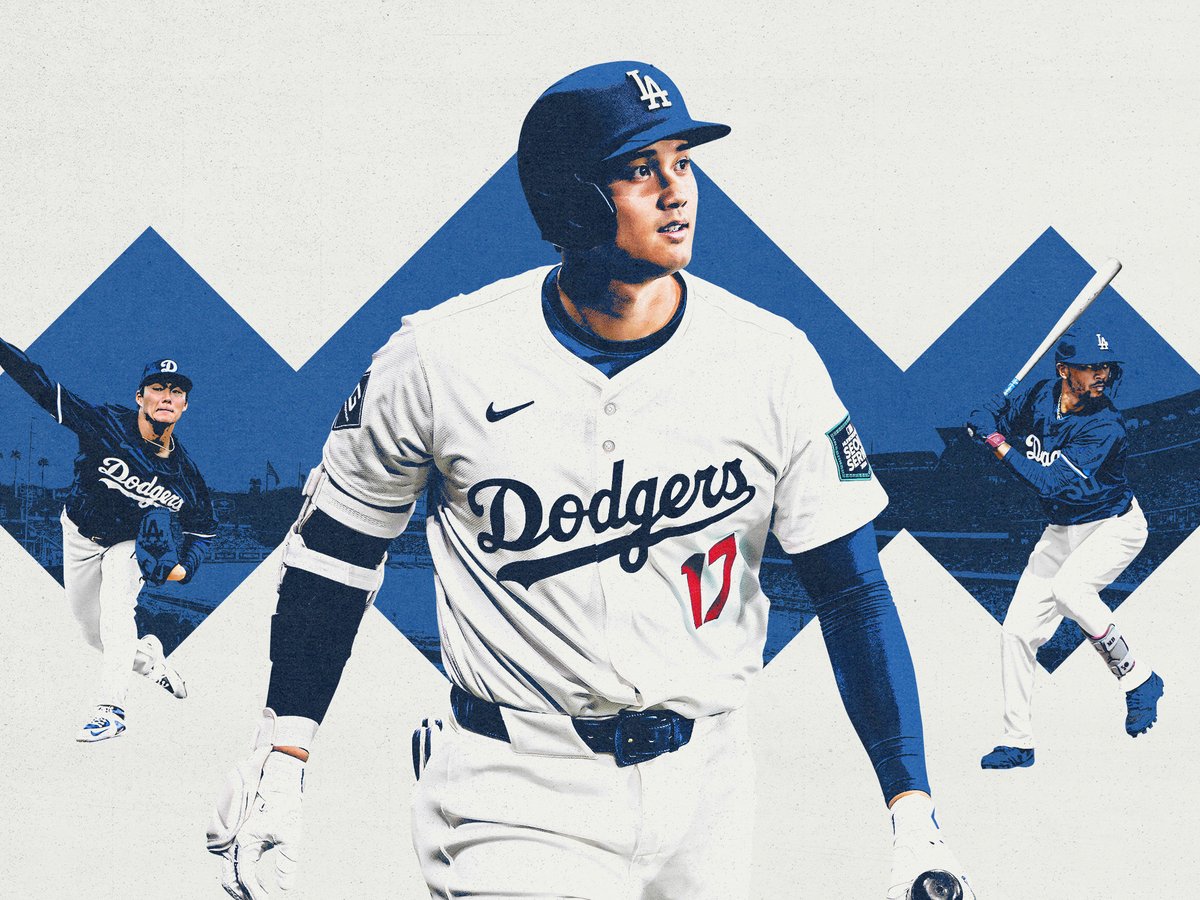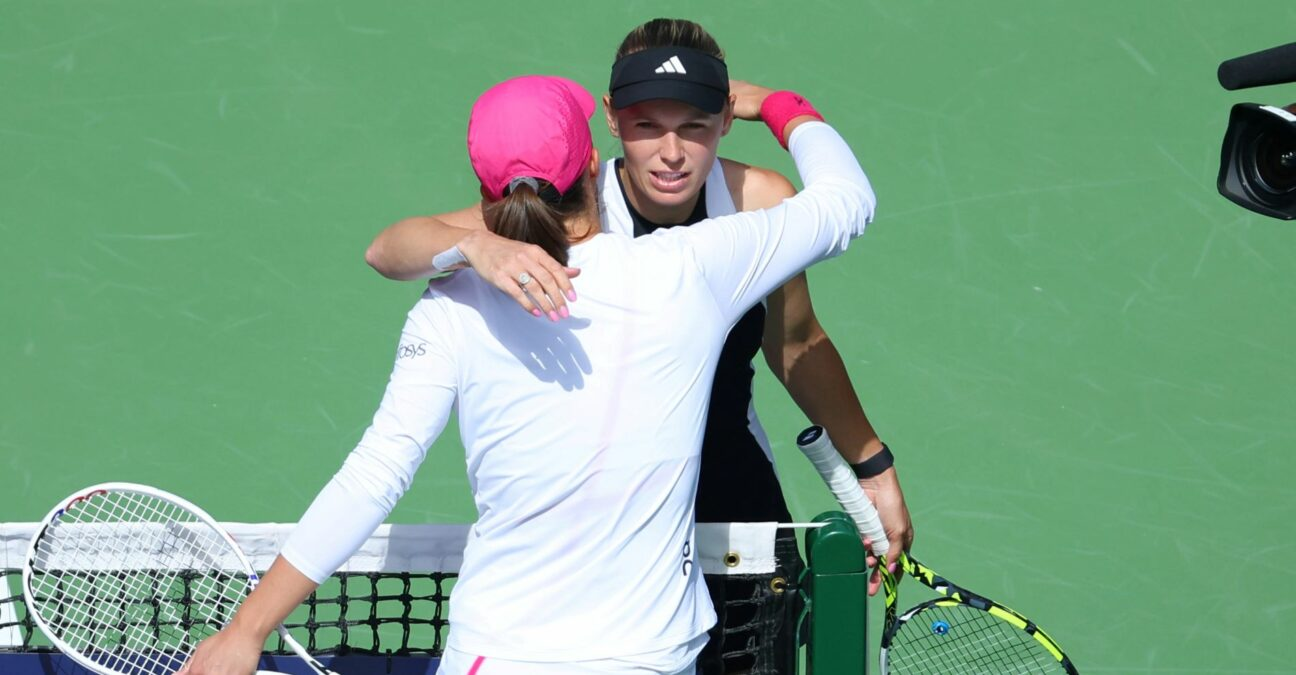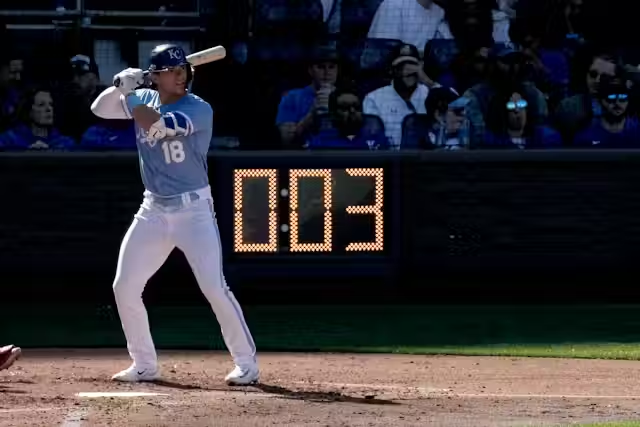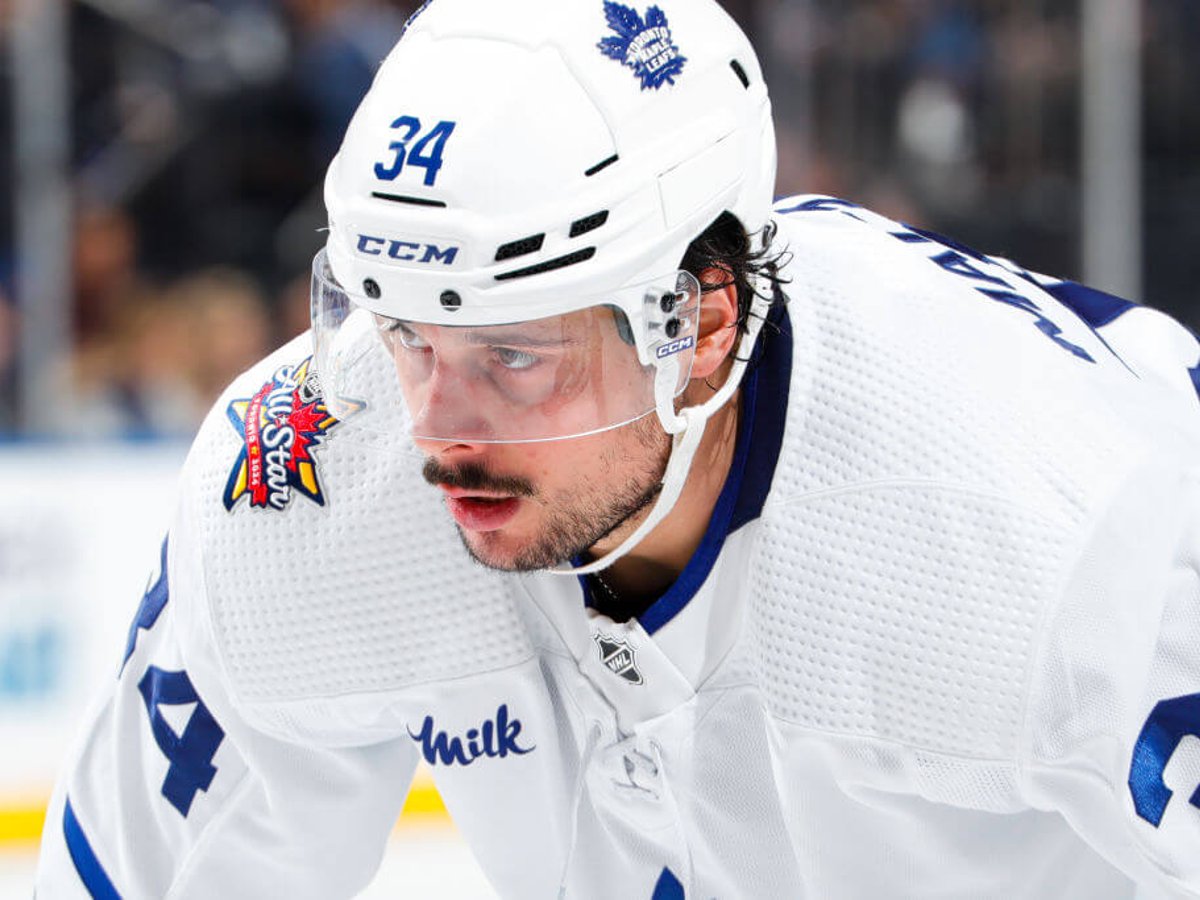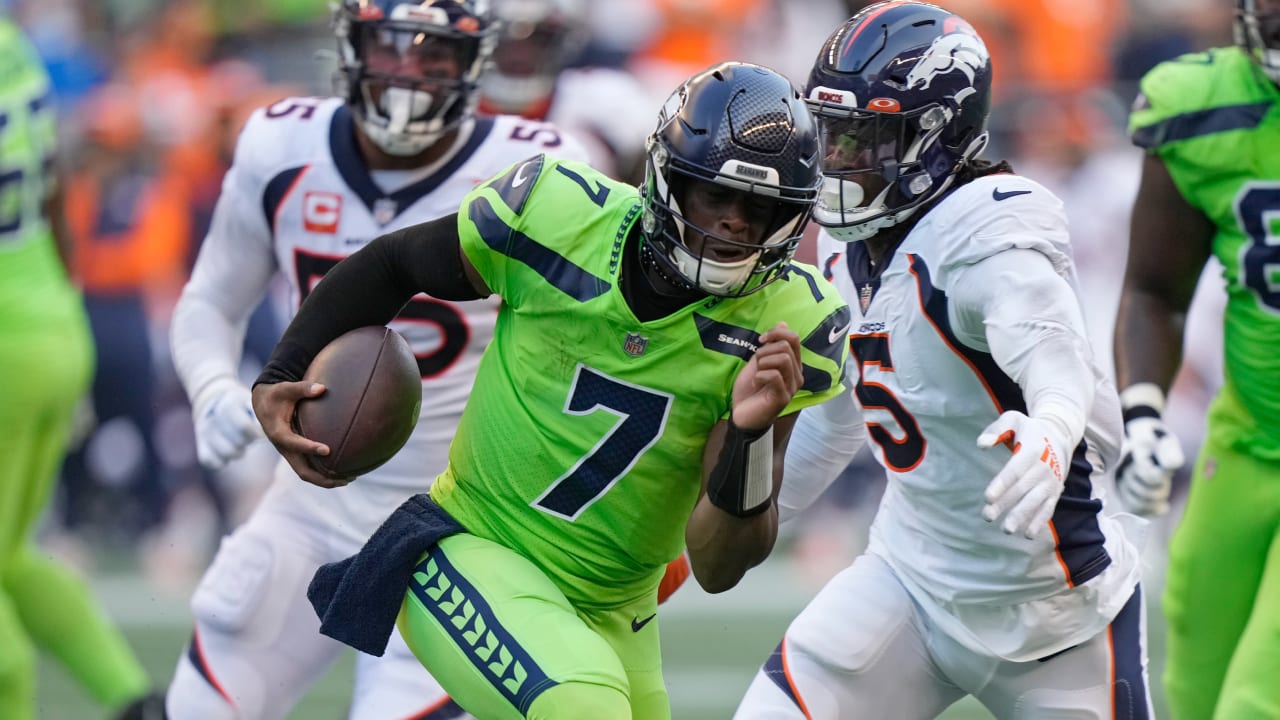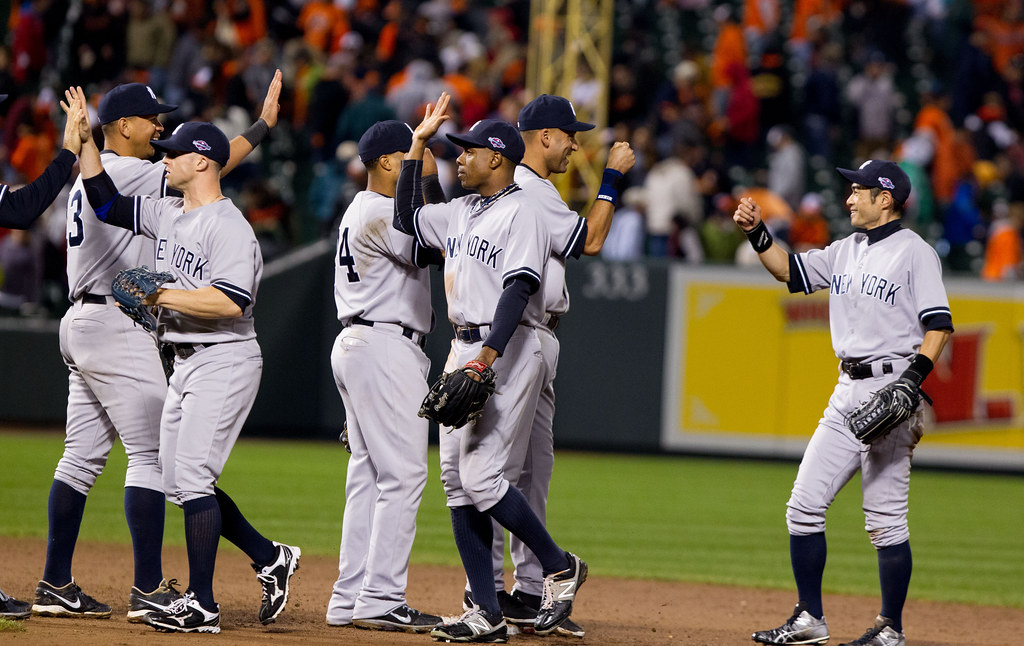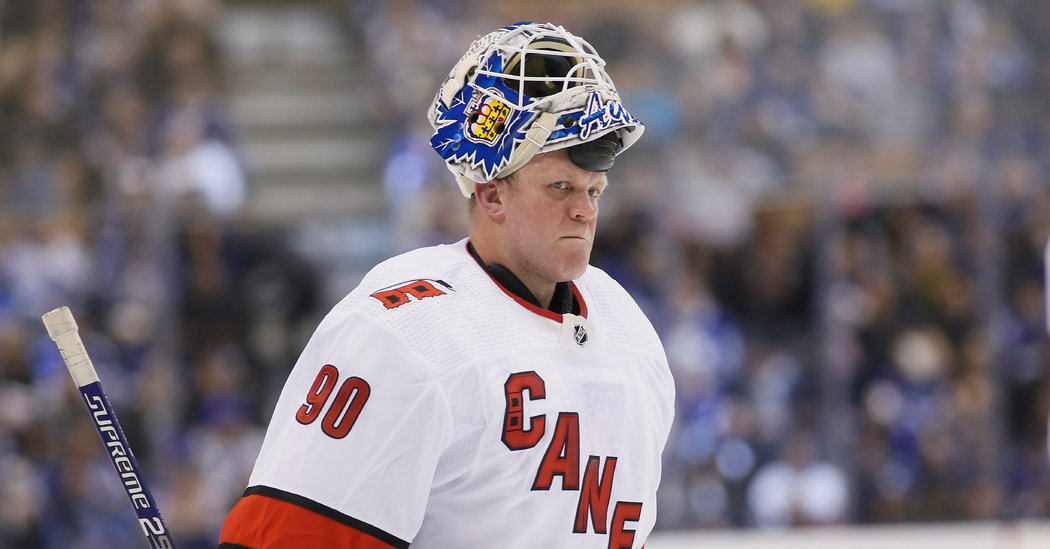
What’s It Like to Be an Emergency Goalie in an N.H.L. Game?
One of the eccentricities of the N.H.L. is what happens when a team runs out of goalies.
Most teams list two on their rosters. In case of the unlikely event that both get hurt, home teams are required to designate an “emergency goalie” for each game: someone who can fill in for the rest of the game, for either team. Generally these are rec league guys or former college players who help out at practice, and get to pick up a few bucks and meet some N.H.L. stars.
Once in a rare while, they actually get in the game.
On Saturday night in Toronto, starting goalie James Reimer of the Carolina Hurricanes was injured in a collision. That brought in Petr Mrazek. Then Mrazek got hurt in a collision of his own. With that, 42-year-old David Ayres stepped in between the pipes for the Hurricanes, up, 3-1, midway through the second period.
The affable Ayres sat for an interview at the N.H.L. offices in New York on Monday. His next stop will be Raleigh, N.C., where the Hurricanes will honor him on Tuesday night. And why not? The Hurricanes beat the Maple Leafs, 6-3, and Ayres made eight saves.
This interview was condensed and edited for clarity.
I’ve heard you described as a Zamboni driver, or maybe a former Zamboni driver. What is your current Zamboni status?
Five years ago I was a full-time Zamboni driver for the [A.H.L.] Toronto Marlies. Then I went to work at an athletics center, where I’m an operations manager. So that’s not my only job, to be on the Zamboni. But I do it when I can.
How often are you the emergency goalie in Toronto?
I’ve done it for three years. Last season I did every home game. This season I opted to do half of them, which ended up turning into more than half.
When you don’t get into the game — as was always the case until Saturday — what’s that experience like?
My wife and I stand up in the standing-room section and just watch the game from the same spot. It can be boring. I like doing the practice stuff — I’m on the ice for practice sometimes — more than standing in the stands for the game. The other day I said to my wife, “I don’t know if I’m going to do this next year.” Then, boom, I got in a game.
What’s your background as a player?
I played in Junior B, which is like second or third level down. I kind of gave up on it. Then I had a kidney transplant, and I thought that would be the end of my hockey career.
So this was your first game situation in many years?
Probably four or five. I played some Senior A hockey. But practicing with Toronto was way more fun.
Where were you when you heard about the first injury, to Reimer?
I was standing in my section, and I saw him go down. Then I got the call: Come on down, bring your gear, get dressed. When Mrazek was hurt, I was in the media room.
Had you ever gotten to that first stage before, when there’s one injury and you get dressed?
That was the fourth time.
Was it awkward to compete against the Leafs when you work with them and you’re a fan?
It’s a little different. At first you kind of try to figure where guys are going to shoot, you’re worried about where each shot’s going to go instead of just playing your game. If I didn’t know the guys on the other team I wouldn’t worry about where they’re potentially going to shoot, I’d just worry about playing my game. It runs through your mind, but you’ve got to block it out and try to make a save.
What was it like when you got that second call and you went on the ice to play?
The guys were waiting for me and cheering me on. Everyone starts to scream and it starts to hit you. You’ve got to try to focus after that. That’s the tough part.
What’s the biggest crowd you had played in front of before?
Not a very big one. Probably a few hundred.
So what was different from what you expected?
I always thought if I went out there, I’d be perfectly calm, no problem. I play with these guys all the time, I’m used to the shots, I’m used to the speed, no problem, this is easy.
Then you step on there, and the crowd’s there and the place is lit up and they drop the puck. And the players are going so much faster in the game than they were going in practice. I think that’s the part that gets you.
The look of the game when you’re standing on the ice is totally different than when you’re in the building.
The Leafs scored a couple of goals on you quickly, but then you made eight saves. Did you feel more confident as you went along?
I had a little jitters on the first one. I probably could have had it if I’d stayed square in my position. The second one, I didn’t have much of an option. It was off a guy’s shin pad right onto their stick and it was in the net.
But after that, I kind of settled in, made a save, made another save, and I started feeling more comfortable.
What’s it been like since the game?
My phone hasn’t stopped, and I’ve been awake for most of it. It’s been fun. I’d never been to New York. I’ve never been to Raleigh.
Are you going to keep doing it? You’re 1-0, a 1.000 winning percentage. That record can never be broken. Are you willing to put that record on the line?
One hundred percent. I’m the emergency goalie next Saturday for the Leafs. If I can get out on the ice again, I won’t be as nervous.

